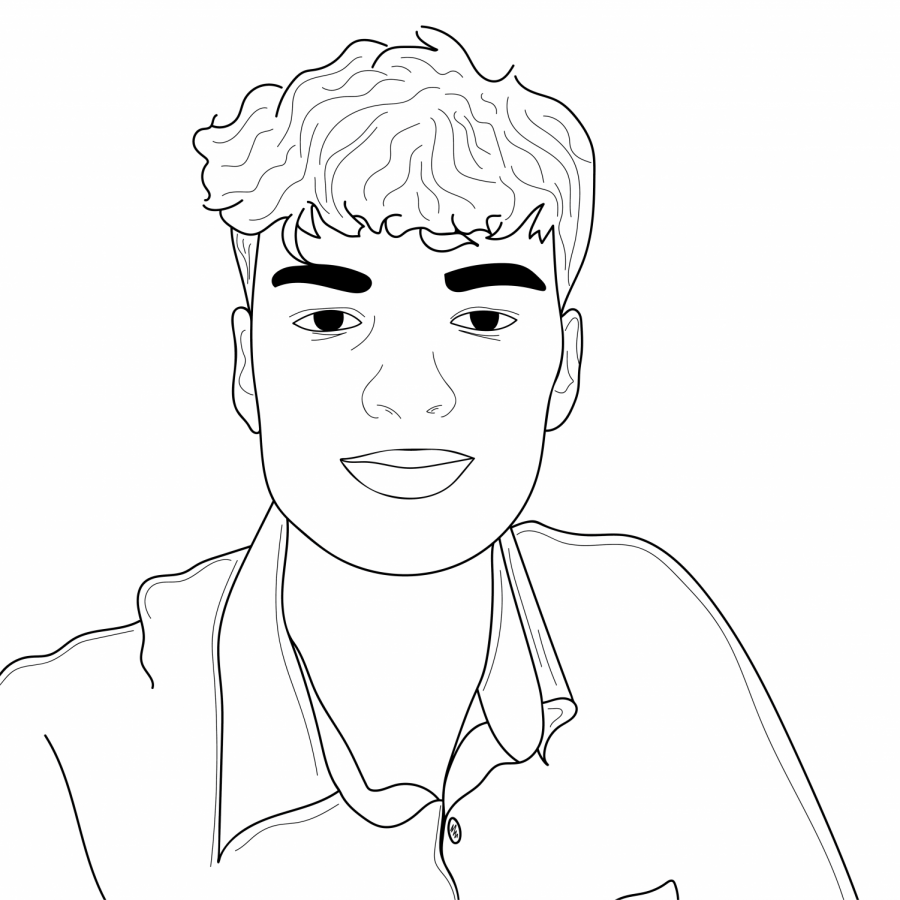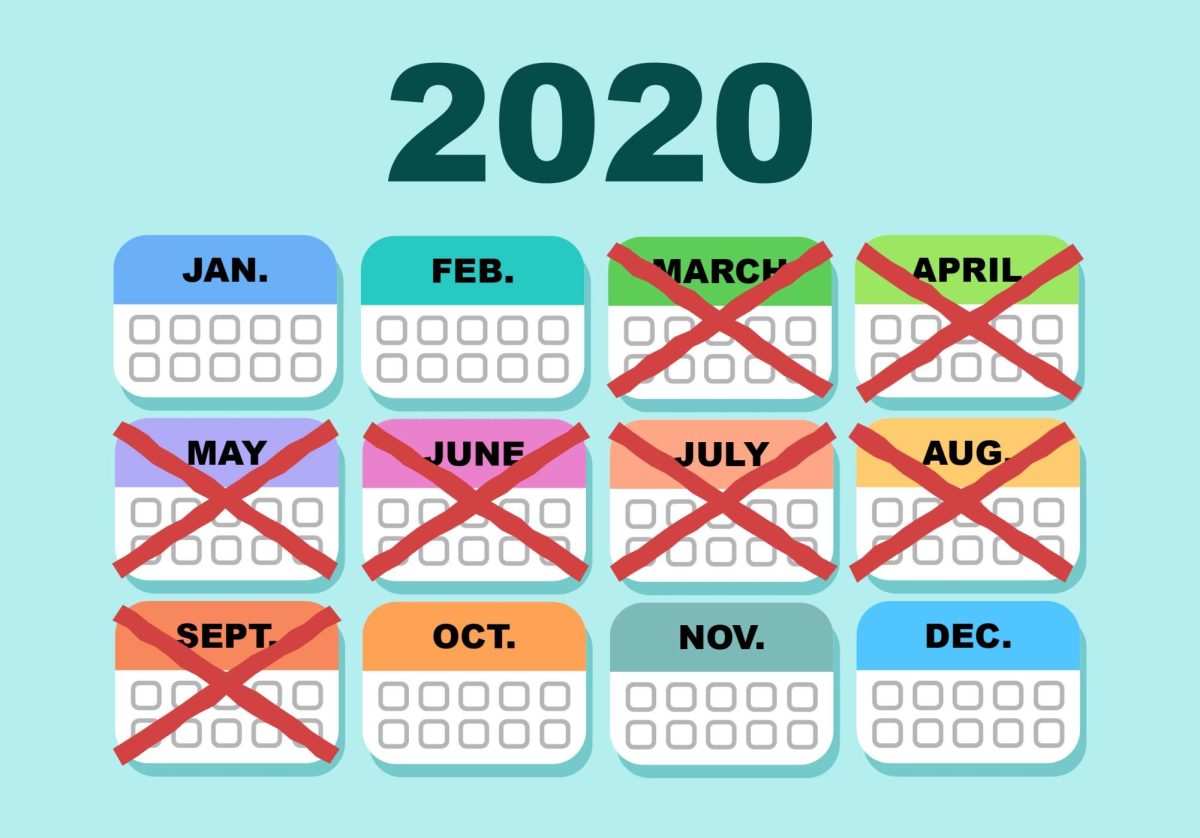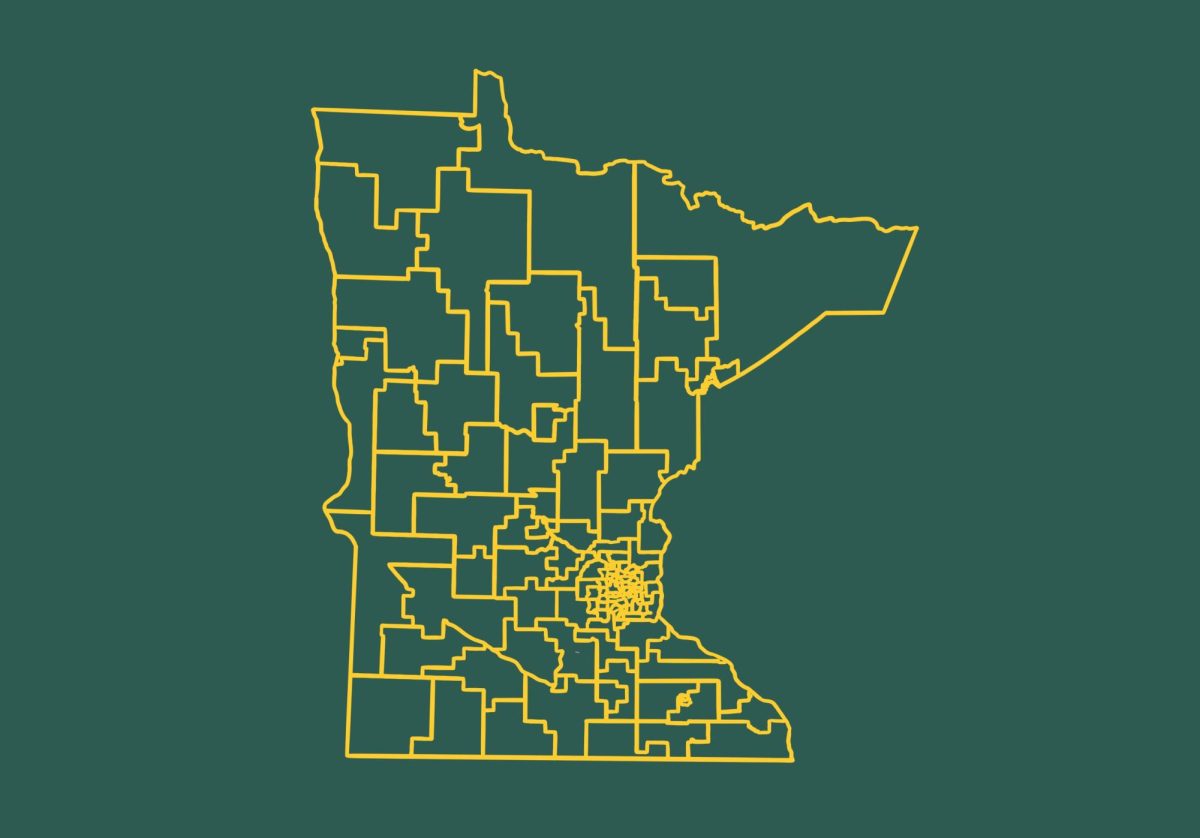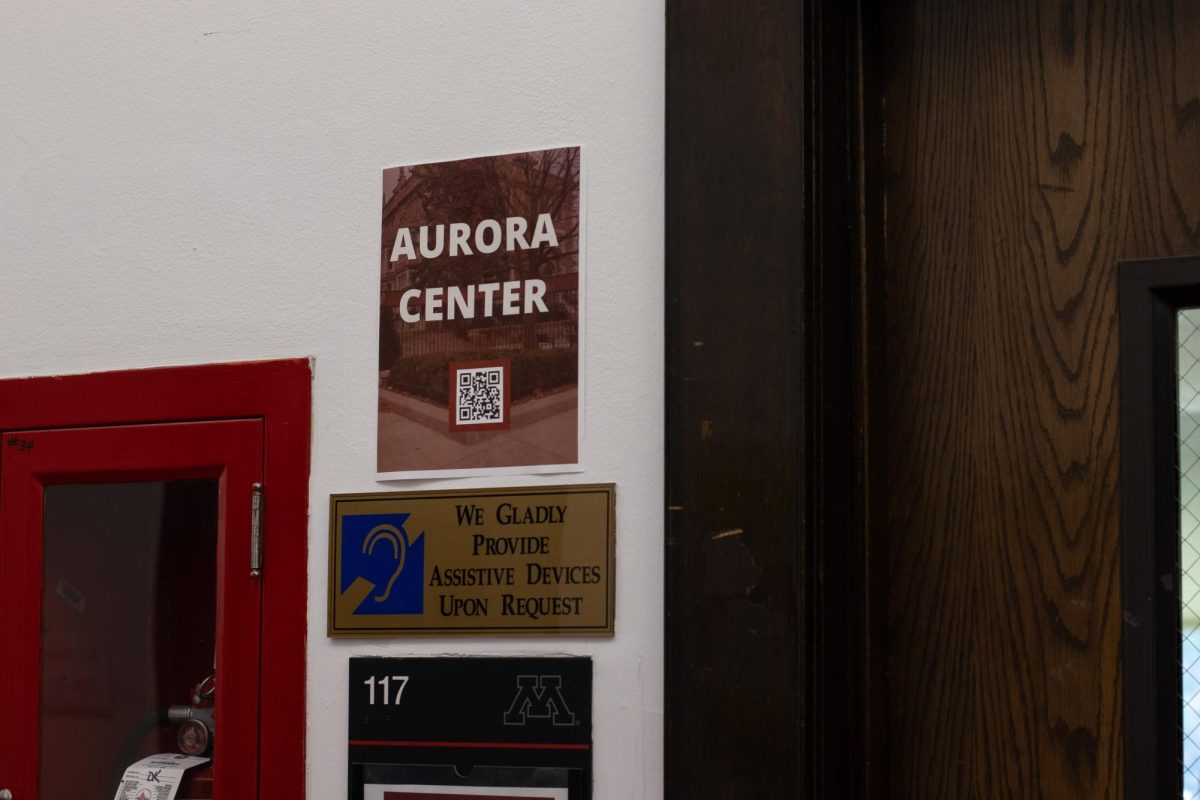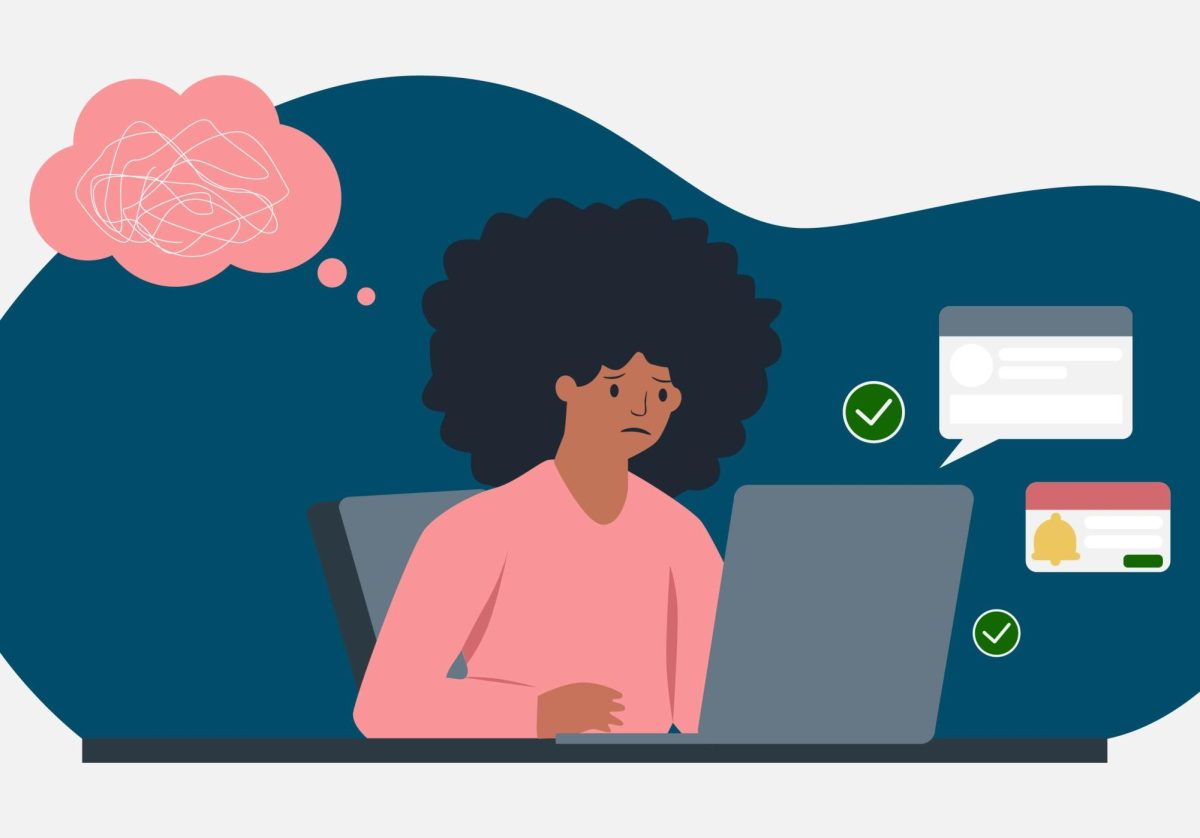At the young age of six years old, my mother got me hooked on reality television, especially my all-time favorite show, “Big Brother.” First airing in the summer of 2000, “Big Brother” has been a staple of American reality television and was my first exposure to it. I will always cherish the memories I made watching this show with my mother three nights a week, our eyes glued to the screen. For as long as I can remember, I have been obsessed with this show — from the drama, to the competitiveness, to the endless underdog stories, it was the perfect show in my mind. However, looking back now, I fear that love came from a place of ignorance. Now, with a much greater understanding of the world around me and the ability to recognize the flaws within the show’s history, it has become hard for me to enjoy watching it like I once did.
CBS’ “Big Brother” and “Survivor” both have questionable histories, largely regarding their casting techniques or the cast themselves. Both series have historically struggled with achieving proportional representation in terms of diversity. One of the most prominent controversies is easily “Survivor: Cook Islands.” This was a season that was completely divided along racial lines, featuring four tribes all segregated based on their ethnicities. Ironically, this season was the second most diverse season within the entire franchise, despite the overwhelming controversy surrounding this season’s format. “Big Brother 15” and “Big Brother 21” faced major controversies due to countless racist, homophobic and other discriminatory actions that the cast exhibited. The scandals and controversies surrounding these seasons were endless, and honestly, I don’t think any recent season has gone by without producing numerous scandals. The contestants are on live feeds 24/7, so people are watching their every move and listening to every word they say. They do not seem to care about that, because a number of them have lost their jobs and slandered their name because of their completely offensive words and actions while on the show.
Even without these scandals, the casting measures that CBS takes for these shows are horrendous, with a complete lack of diversity in the mass majority of them. Within this issue lies a plethora of cast members with microaggressions, and a number making completely racially insensitive, and even ableist comments. By continuing to cast people like this, it has ruined countless seasons. Every season of “Big Brother” has featured a maximum of 1-2 members of the LGBTQ+ community, a handful of non-white individuals — and if we’re lucky, they won’t be the first targets of the “white majority” alliances or groups — and very few people above the age of 30 in many seasons. However, starting this year, everything has seemingly begun to change. CBS has vowed that all future casts within these franchises will be at least 50 percent Black, Indigenous, and people of color. This commitment was honored, and the “Big Brother 23” cast this summer consisted of 8 non-white cast members and 4 LGBTQ+ cast members — making history within the series. I was extremely impressed with the diversity within the cast as a whole, and at that point, the only thing that could make this cast any better is if the first Black winner would come from this season. To my delight, this season’s final six consisted of the six Black people within the cast, guaranteeing the first Black person to win in the franchise’s history. After 23 seasons, there would finally be a Black winner.
While the new “Survivor 41” cast looks promising and lives up to the show’s commitment to diversity, I am excited to see if the new season (and new era) lives up to the hype that its counterpart, “Big Brother,” created for it. I think that the media has a lot of work to do in terms of diversifying content. While I appreciate the steps that CBS and other producers have taken, I do believe that this is an area they always should improve upon. Despite improvements, I feel that reality TV shows can diversify their casts further when it comes to featuring more cultural and ethnic diversity, LGBTQ+ representation, and a wider range of age groups. When people watch television, many want someone they can connect and relate to, and without programs that are inclusive to everyone, that will never be truly achievable.


